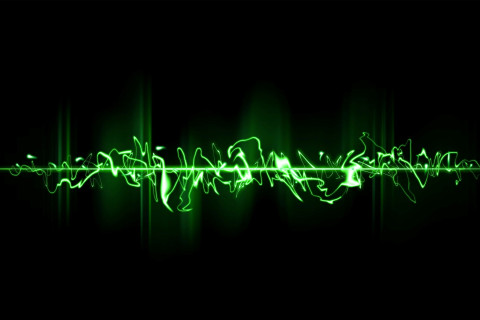The doctoral dissertation in the field of Applied Physics will be examined at the Faculty of Science and Forestry, Kuopio Campus and online.
What is the topic of your doctoral research? Why is it important to study the topic?
The tittle of my doctoral thesis is “Neural network and Bayesian inversion methods for industrial process imaging using microwave tomography”. Industrial process systems commonly require integration with various sensors type with the aim to achieve high energy efficiency and processing quality via process control. An emerging application of process control based on tomographic sensor has been intensively pursued under the TOMOCON project. Under this project, the feasibility of microwave tomography (MWT) integration with microwave heating technology for its improved process efficiency was conceptualized and carried out. Due to the relatively high penetration depth of microwave radiation, its non-ionizing properties and high resolution capabilities, MWT was a preferred choice. Specifically, my thesis work focuses on developing fast and efficient reconstruction schemes for MWT to estimate process parameters, e.g., moisture content in porous polymer foam. Albeit, the developed inversion schemes can be extended for the applications in through the wall radar imaging, ground penetrating radar, and microwave based medical imaging.
What are the key findings or observations of your doctoral research?
In my doctoral thesis, MWT inversion scheme based on neural network methodology and based on the statistical inversion framework with sample based prior and structural prior model based on the diffraction tomography algorithm are developed. In the neural network approach, parametric and computational modelling to generate synthetic data for the training of the network is a highlight of my work. On the other hand, prior models used in the statistical inversion show some new ways to integrate prior knowledge in the MWT inversion methodology that significantly improves the overall reconstruction quality. Results show that both the inversion strategies give good reconstruction accuracy and can be a potential candidate for industrial process imaging and process control with MWT.
What are the key research methods and materials used in your doctoral research?
In my thesis, forward model representing the electromagnetic scattering behavior for the high- frequency regime are developed. Using these models, various MWT sensor configurations and sensor types are analyzed. Based on these analyses, suitable sensor type and its configuration is chosen for the MWT. For imaging the process parameter in real-time manner, a neural network-based methodology is adopted. The training dataset is generated numerically which consists of pragmatic moisture scenarios generated through parametric modelling and its corresponding electromagnetic field data calculated using the forward model. In addition, inversion scheme based on the statistical inversion framework with novel sample based prior for the joint parameter reconstruction and structural prior model based on the diffraction tomography algorithm for sparse processing are also developed. Validation and testing of two inversion schemes are performed through numerical and real data from the developed MWT experimental sensor prototype.
Is there something else about your doctoral dissertation you would like to share in the press release?
My thesis work is part of the TOMOCON project (www.tomocon.eu/) and is executed in collaboration with researchers from Karlsruhe Institute of Technology, Germany and University of Eastern Finland, Finland.
The doctoral dissertation of Rahul Yadav, MSc, entitled Neural network and Bayesian inversion methods for industrial process imaging using microwave tomography will be examined at the Faculty of Science and Forestry, Kuopio Campus. The opponent will be Professor Uwe Hampel, Helmholtz‐Zentrum Dresden‐Rossendorf, Germany, and the custos will be Docent Timo Lähivaara, University of Eastern Finland. Language of the public defence is English.
For more information, please contact:
Rahul Yadav, [email protected], tel. +358 50 355 8896






